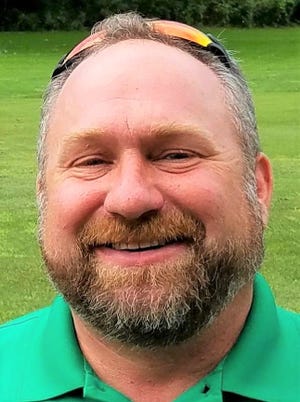The webinars will focus on using the Question, Persuade, Refer (QPR) method to engage in discussions about mental health, said Jeff Ditzenberger. He’s a grain producer from Monroe, Wis. who will facilitate the sessions.
“I will train people how to see the signs of potential mental health issues and ask the right questions. (We’ll discuss) how to persuade someone that his or her life is indeed worth living and how to refer the individual to someone who can help him or her, whether that’s a doctor, a member of the clergy or someone else,” he told Farms.com.

Jeff Ditzenberger
One way of identifying if someone may need help is to focus what they say in conversation.
Many people engage in “toxic positivity,” and don’t hear the message behind the words, said Ditzenberger.
“I had a person tell me they wish they could go to sleep and never wake up again,” he said. “A lot of times we would hear that and say, ‘I’m tired too, but everything will be better tomorrow.’ In fact, (however) that (comment) may be a sign the person needs help.”
One strategy of building a support system can be to talk with people without bias.
Farmers spend a lot of time chatting with other producers, so the conversations are always the same, Ditzenberger said.
“Farmers often spend their days talking with other people in the industry,” he said. “Often, they’re going through the same things you are. So, you don’t find that unbiased approach to whatever the issue might be.”
Ditzenberger understands the signs of a potential mental health crisis because he experienced his own.
Following four years of military duty, he began to use alcohol to cope with post-traumatic stress disorder (PTSD). In 1992, he tried to take his life by burning down an abandoned house near his farm. Ditzenberger left the house alive and served nine months in prison for arson.
Following his time in prison, he received help for his PTSD and depression. In 2013, Ditzenberger started a non-profit organization called TUGS: Talking Understanding Growing Supporting.
The group is designed to encourage all people to be open to conversations about their mental health. The organization gets its name from the boats used to pull large ships out to sea.
“Even a big ship needs a small ship sometimes,” Ditzenberger said. “It’s okay not to be okay and it’s okay to ask for help. We need more people to understand that.”